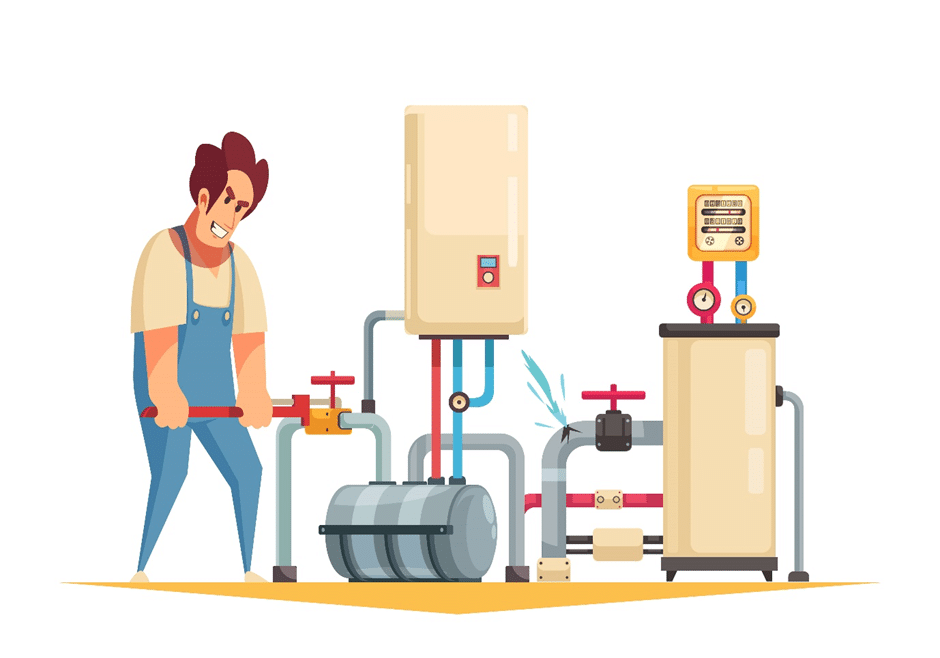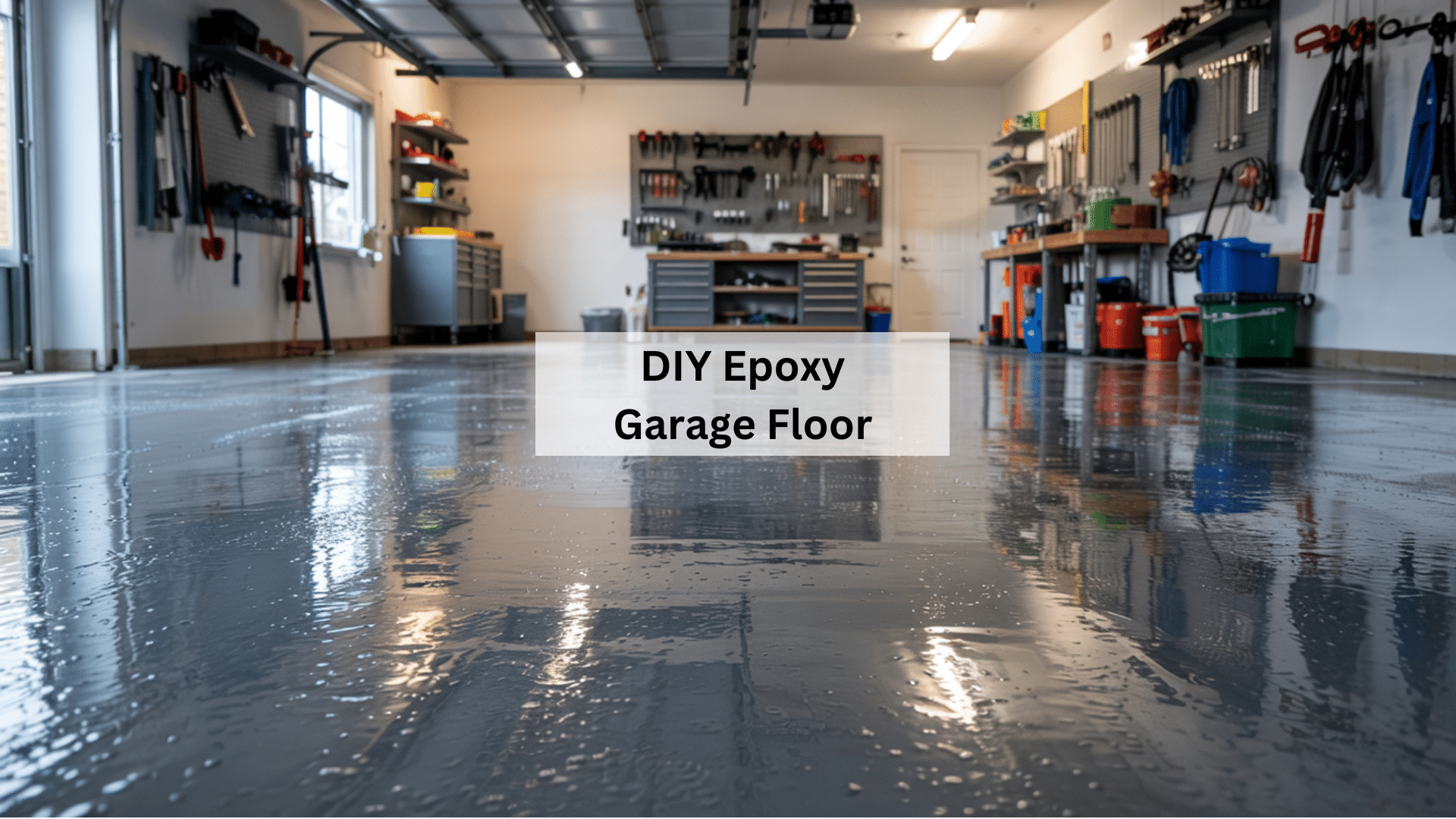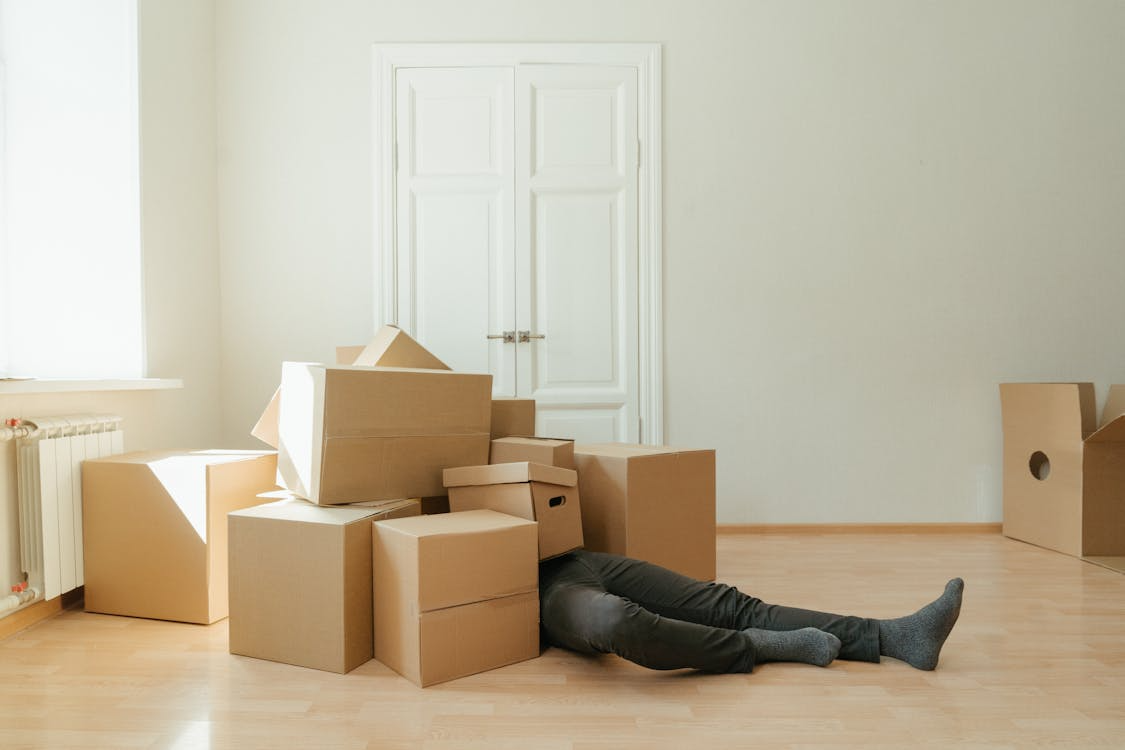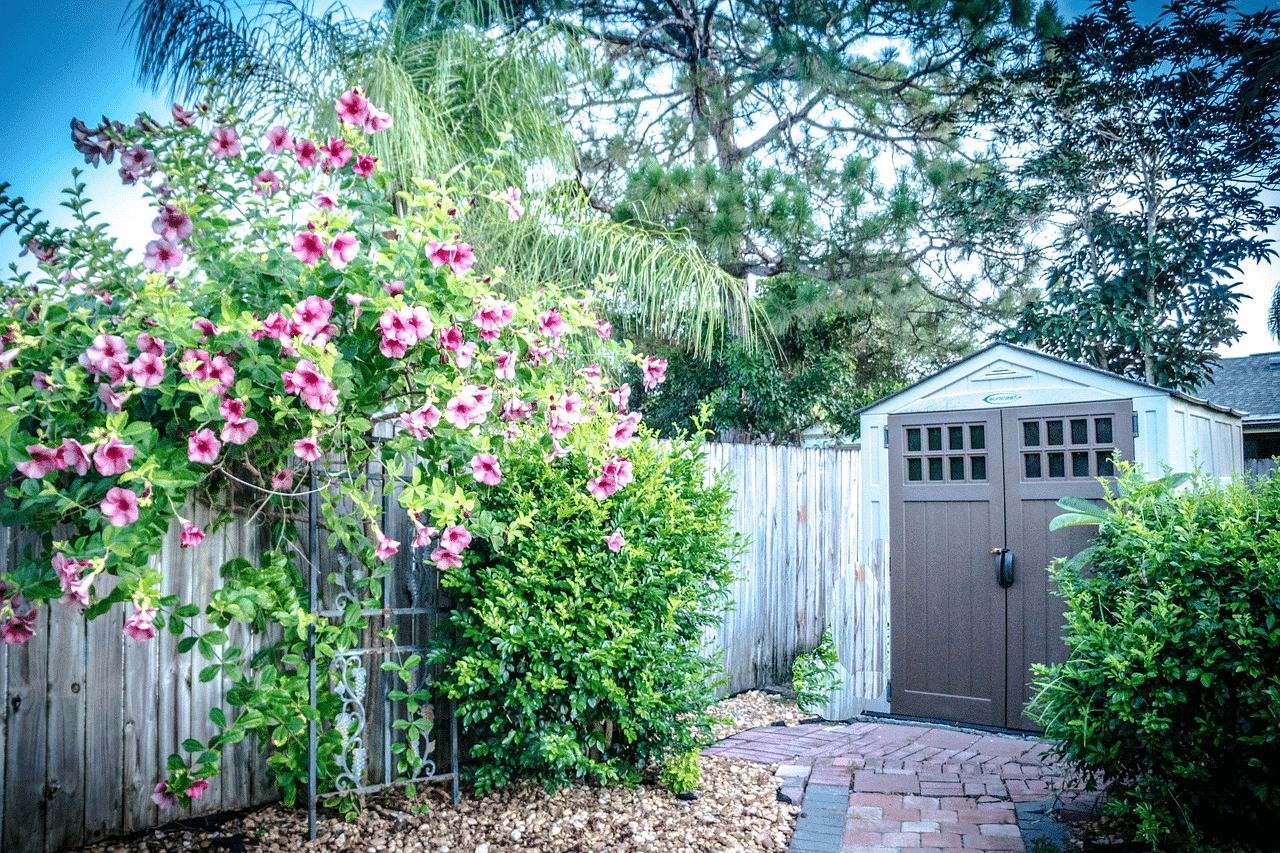5 Signs It’s Time to Replace Your Boiler
Is your boiler showing signs of wear and tear, like high energy bills, frequent breakdowns, or strange noises? It could be time for a change, and this article discusses 5 clear signs that indicate it’s time to replace your boiler. From understanding the process to choosing the right model, these expert tips will ensure your home stays warm, efficient, and cost-effective. Don’t wait for winter’s chill – learn when and why it’s time to upgrade your boiler today!
Process of Replacing a Boiler
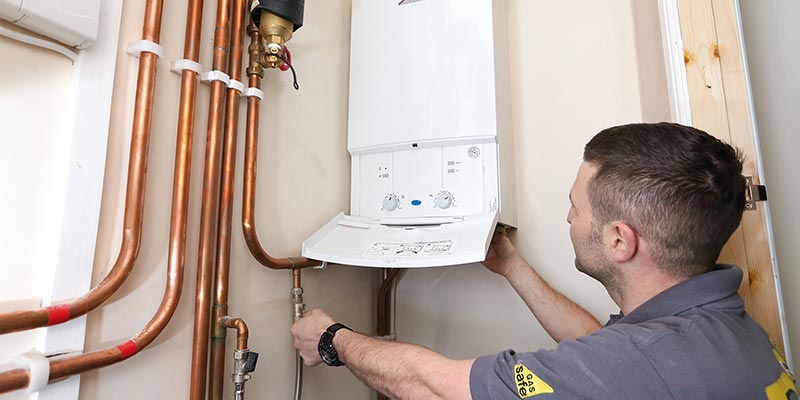
There are several key steps involved in replacing a boiler. Each step is important in ensuring a smooth transition to a more efficient and reliable heating system for your home. There are companies, like Eco Happy, that can help you with the entire replacement process to ensure everything goes right.
You must get a heating engineer to evaluate the condition of your current boiler. They must consider issues like efficiency, age, and necessary upgrades.
Based on the evaluation, you must choose a new boiler model as a replacement. Consider things like energy efficiency ratings, boiler size, property size, heating demands, and any additional factors.
Hire a Gas Safe registered engineer to install the new boiler. They must remove the old unit, prepare the pipework, and integrate the new boiler into the heating system.
The engineer must perform comprehensive tests to ensure the new boiler works efficiently and safely. This process includes looking for leaks, verifying pressure levels, and testing heating and hot water functions.
The engineer will give you documentation that includes warranty details and Gas Safe certification. Ensure that you fully understand operating instructions and maintenance requirements.
What to Consider When Replacing Your Boiler
- Property Size
The new boiler must be the right size to provide enough heat for your home.
- Heating and Hot Water Needs
Assess your household’s heating and hot water demand to ensure you choose a boiler with enough capacity.
- Energy Efficiency
Choose from boilers with high Energy-related Products (ErP) ratings to lower energy consumption and reduce bills.
- Current System Assessment
Identify current problems with your heating systems that must be addressed during the replacement process.
- Long-Term Savings
Think about the potential long-term energy bill savings with a more efficient boiler.
- Environmental Impact
Choose a boiler that reduces carbon emissions and aligns with environmental standards.
- Consult a Heating Engineer
Get advice from a qualified professional to evaluate your needs and get suitable boiler recommendations.
Sign 1: Rising Energy Bills
High energy bills are often caused by inefficient boilers. As boilers get older, they become less efficient and use more fuel to generate the same heat. This inefficiency leads to higher energy use and costs.
Older boilers wear out over time, making the parts work harder and use more energy. This wear and tear makes them significantly less efficient and increases your energy bills.
Modern boilers are designed with innovative and advanced technology that boosts efficiency. Newer models usually have high-efficiency ratings that lower energy use and save money on your bills.
Installing a more efficient boiler lowers your carbon footprint. These boilers use less fuel and have lower greenhouse gas emissions. This makes your home more eco-friendly.
Replacing your old boiler with a modern and energy-efficient model can reduce your energy bills and add to a greener environment. Talk to heating professionals to choose the best option for your home and needs.

Sign 2: Frequent Breakdowns and Repairs
Frequent breakdowns are a sure sign that your boiler is getting older and might need to be replaced. As boilers get older, their parts wear out and cause recurring issues. If you’re calling a technician or repairman more often than usual, it’s probably time to think about installing a new boiler.
Constant repairs hamper and continuously interrupt your daily routine and strain your budget. Having to keep fixing your boiler can become more expensive than buying and installing a new, more reliable unit. In the long run, investing in a new boiler can save you money and stress.
An unreliable boiler is significantly inconvenient. Every time it breaks down you are left with no hot water or heating, which is especially troubling during cold winters. A new boiler comes with peace of mind and consistent performance that ensures your home is comfortable and stays warm.
Sign 3: Uneven Heating and Inconsistent Hot Water
Other signs that your boiler could be failing are uneven heating and inconsistent hot water. If some rooms are noticeably colder than others or you experience fluctuating water temperatures, it is possible that your boiler isn’t dispersing heat efficiently.
Make your home more comfortable with a new boiler that provides consistent, reliable heating and hot water. There will no longer be cold spots or unexpected cold showers, which ensures a more comfortable living environment.
Common causes of these problems are sludge buildup, which clogs systems, and failing parts like valves or thermostats. You can fix some of these issues with regular maintenance. However, persistent problems usually suggest that it’s time for a replacement.
Seeing inconsistent hot water and uneven heating can improve the comfort and efficiency of your home. Consult a professional to see if replacing your boiler is the best solution.
Sign 4: Unusual Noises
Unusual noises from your boiler can be clear signs that your boiler needs to be replaced. These noises include banging, clunking, or whistling. These sounds often indicate that there are significant underlying problems that need immediate attention.
- Banging could suggest a build-up of sludge or limescale in the system that blocks water flow.
- Clunking usually indicates a failing pump.
- Whistling often indicates that there is trapped air or low water pressure.
These sounds aren’t just annoying, they could signal that there are serious problems with the system. These problems could include air in the system which makes it less efficient, or low water pressure which stresses the boiler. Failing components, like the heat exchanger or pump, compromise your heating and can cause complete system failure.
It’s important to contact a professional for an evaluation if you hear any of these noises. A heating engineer can solve the problem, but if the boiler is old, they could recommend that you replace the boiler to improve efficiency and solve existing issues.
Sign 5: The Boiler’s Age
Boilers usually last between 10 and 15 years. As they get older, they become less efficient, increasing energy bills and breaking down more frequently. Modern boilers offer significant technological innovation, like better insulation for improved efficiency and more precise control systems. Other features include smart thermostats that enhance heating schedules to lower energy use further.
Boiler efficiency standards are also affected by regulatory changes. Old boilers don’t meet these regulations and could lead to more expensive running costs and increased environmental impacts. Replacing an old boiler with a newer model can lead to immediate energy bill savings and enhance the overall reliability and comfort of your home.
It’s important to understand the age of your boiler. Evaluate its efficiency, technological advancements, and compliance with regulations to see if a replacement is necessary to improve performance and reduce long-term costs.
Conclusion
Identifying these signs encourages drastic improvements in energy efficiency, comfort, and reliability at home. Talk to a heating professional and explore modern, efficient boiler options to get long-term savings and a more comfortable living space.

